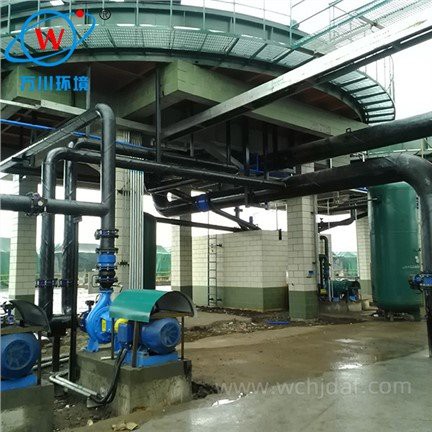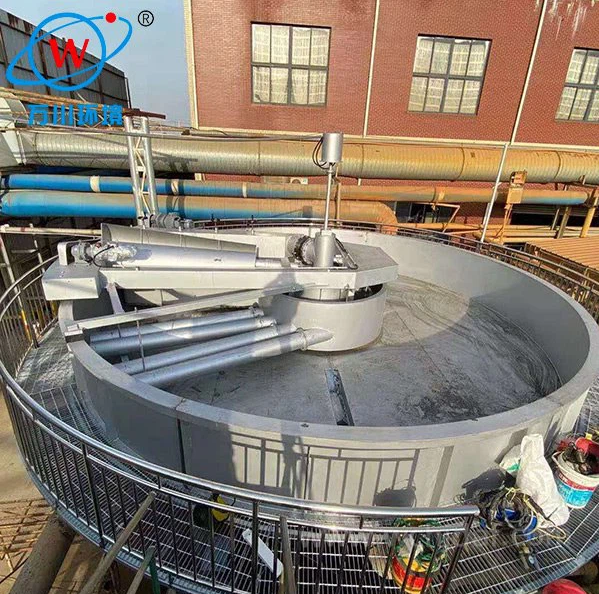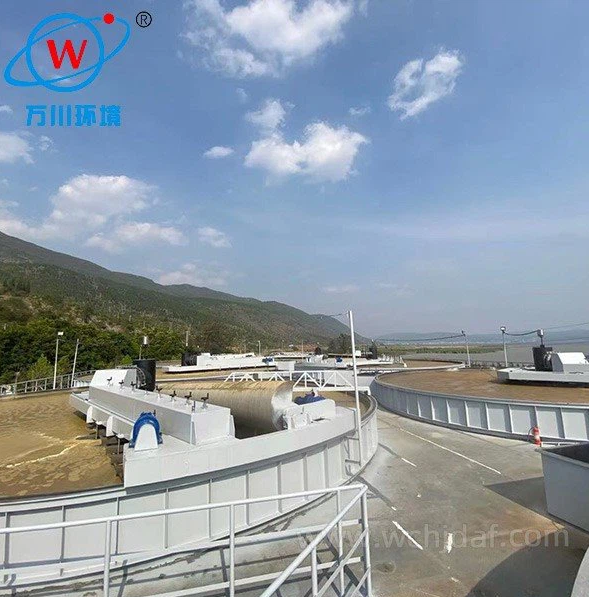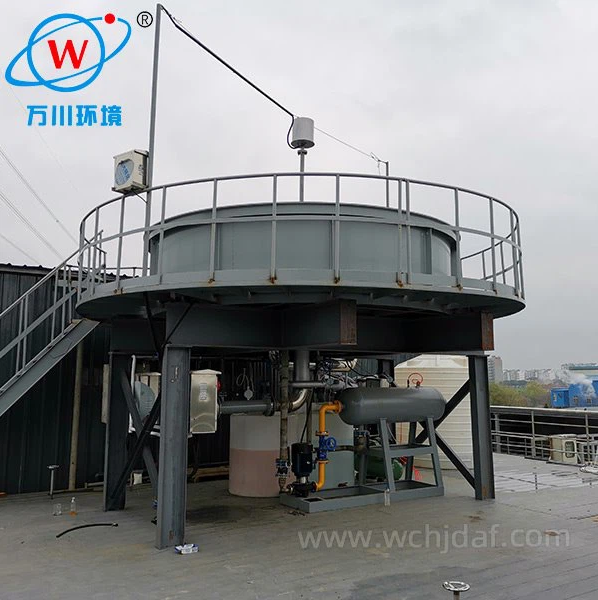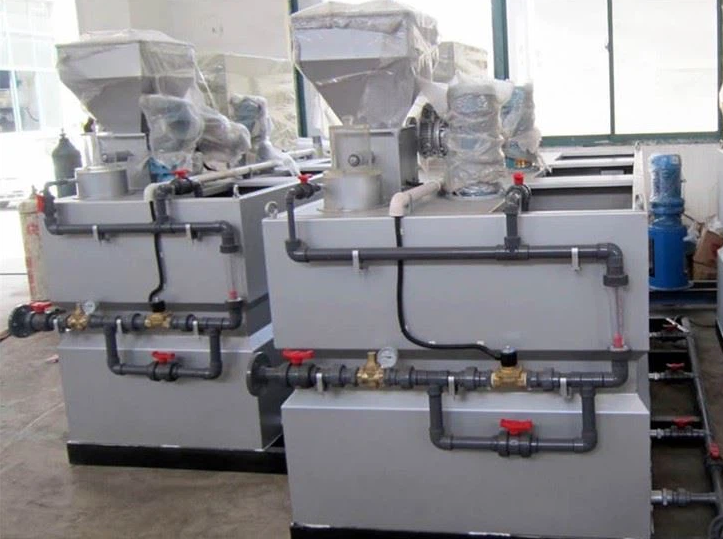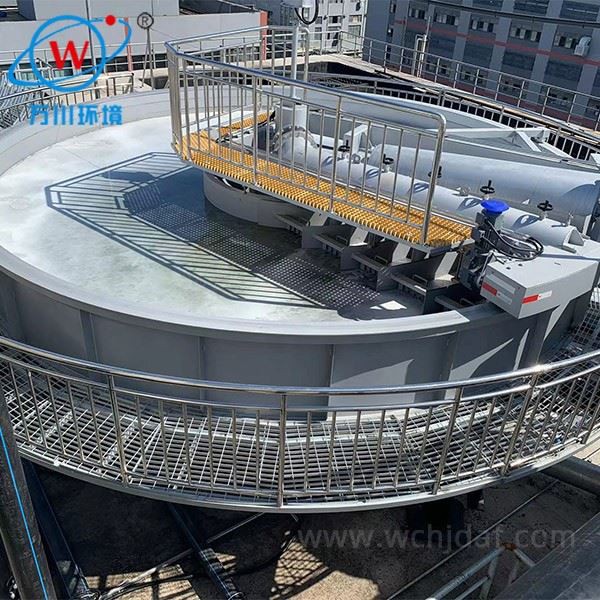Role of High Speed DAF in Seawater Desalination
High Speed Dissolved Air Flotation (DAF) plays a critical role in seawater desalination pretreatment by efficiently removing impurities that could compromise downstream equipment performance.
-
Protecting Reverse Osmosis Membranes
High Speed DAF addresses seawater contaminants including suspended solids, colloidal particles, organic matter, and microorganisms that can cause fouling, scaling, or physical damage to reverse osmosis membranes, reducing desalination efficiency and increasing maintenance costs.
-
Removing Suspended and Colloidal Particles
High Speed DAF generates fine microbubbles that attach to these difficult-to-remove particles, neutralizing their charge and increasing buoyancy. The particle-bubble aggregates rise quickly to the surface and are skimmed off, preventing membrane fouling.
-
Controlling Organic Matter and Microorganisms
High Speed DAF captures organic compounds and microorganisms along with suspended solids, reducing the risk of harmful byproduct formation and limiting biofilm growth on membranes, extending their operational life.
-
Optimizing Desalination Process Efficiency
With its compact design and rapid treatment cycle, High Speed DAF handles large seawater volumes without excessive space requirements. Its efficiency reduces pretreatment stages, simplifies the process, lowers energy consumption, and ensures peak RO system performance.

